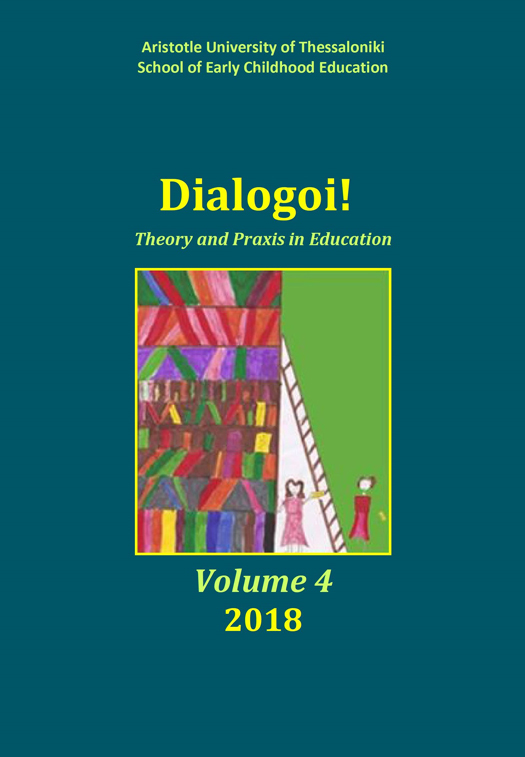Differentiated instruction and assessment: An indicative lesson plan for the subject of Language in Primary School

Abstract
The contemporary class includes students with different academic needs, interests and preferences, who teachers are called upon to bring together in order to complete the learning process. Differentiated instructionis, perhaps, the most appropriate teaching approach to addressing this phenomenon. Differentiated assessment, a key element of differentiated instruction, is a continuous process during which the teacher collects data from multiple sources in order to identify the needs and abilities of his/her pupils. In this paper, a differentiated lesson plan for the subject of Language of grade three of Primary School is presented in detail. In addition, relevant learning activities are proposed, as well as activities related to pre-assessment, formative and summative assessment. Properly-implemented assessment in all its forms plays a decisive role in the differentiation of instruction regarding pupils' differences in learning readiness, learning profile, interests, and inclinations. The above plan requires four teaching hours.
Article Details
- How to Cite
-
Χολέβας Ν., Αλεξόπουλος Δ., & Αναστασόπουλος Ν. (2018). Differentiated instruction and assessment: An indicative lesson plan for the subject of Language in Primary School. Dialogoi! Theory and Praxis in Education, 4, 130–143. https://doi.org/10.12681/dial.16126
- Issue
- Vol. 4 (2018)
- Section
- New researchers

This work is licensed under a Creative Commons Attribution-NonCommercial-ShareAlike 4.0 International License.
Authors who publish with this journal agree to the following terms:
- Authors retain copyright and grant the journal right of first publication with the work simultaneously licensed under a Creative Commons Attribution Non-Commercial License that allows others to share the work with an acknowledgement of the work's authorship and initial publication in this journal.
- Authors are able to enter into separate, additional contractual arrangements for the non-exclusive distribution of the journal's published version of the work (e.g. post it to an institutional repository or publish it in a book), with an acknowledgement of its initial publication in this journal.
- Authors are permitted and encouraged to post their work online (preferably in institutional repositories or on their website) prior to and during the submission process, as it can lead to productive exchanges, as well as earlier and greater citation of published work (See The Effect of Open Access).


